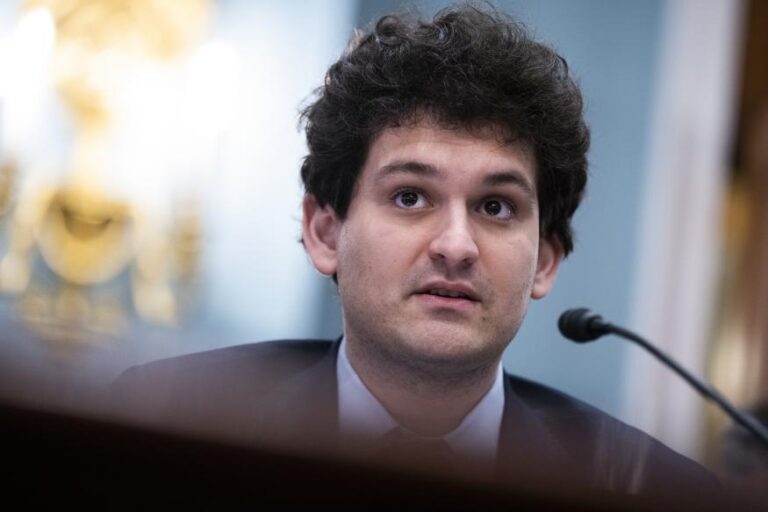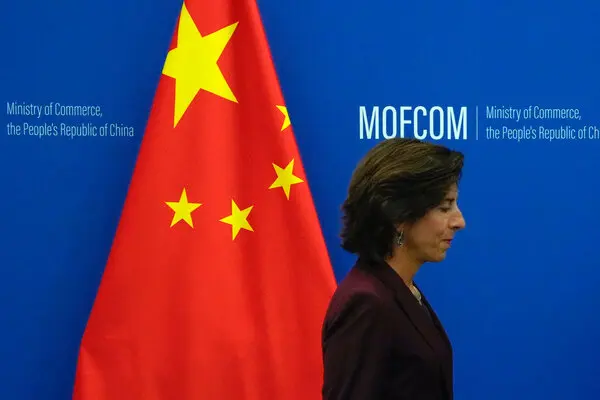In a significant global event, India is all set to host the G20 Summit for a two-day period in September 2023. Distinguished leaders, including Prime Ministers, Presidents, and political representatives from 19 influential nations, will be present at this momentous event. This marks India’s first presidency, and it carries a message of unity and collaboration on the world stage. With the theme “Vasudhaiva Kutumbakam,” which translates to “One Earth, One Family, One Future,” India aims to bring a unique perspective to global issues, emphasizing inclusivity, sustainability, and the well-being of all.
India’s leadership of the G20 is a momentous occasion that underscores its unwavering commitment to its democracy. With its diverse economy, technological prowess, and commitment to sustainable development, India is well-suited to stir discussions and initiatives aimed at tackling complex global challenges.
During its presidency, India’s key priorities include focusing on policies and initiatives that promote economic growth benefiting all segments of society. This involves efforts to reduce income inequality and enhance access to education and healthcare for all. In a world increasingly reliant on technology, India is keen on harnessing digital innovation for the greater good. This includes fostering innovation, ensuring digital access for all, and addressing cybersecurity challenges. Recognizing the urgency of climate change, India is committed to promoting sustainable practices and building resilience to climate-related challenges. This aligns with global efforts toward environmental sustainability.
The COVID-19 pandemic underestimated the need for equitable access to healthcare. India is advocating for measures that ensure affordable and accessible healthcare for all. Through these priorities, India aims to make meaningful contributions to the well-being of its citizens and the global community. It embodies the spirit of “Vasudhaiva Kutumbakam,” emphasizing that the world is one family, and we must work together for the common good.
During the G20 summit, India showcased the Nalanda Mahavihara, an ancient monastic university that operated between the 5th and 12th centuries. Situated in modern-day Bihar, this institution represents India’s rich history of scholarship and knowledge dissemination. It embodies the core principles of democracy, including diversity, meritocracy, freedom of thought, and collective governance.
Nalanda’s legacy aligns perfectly with India’s G20 presidency theme, “Vasudhaiva Kutumbakam.” It signifies India’s commitment to building a harmonious global community based on shared knowledge and values. At the G20 summit, participating nations adopted the Delhi Declaration, covering a wide range of critical issues, including sustainable and inclusive growth, the progression of developing these goals, and reforms of multilateral development institutions
The G20 summit wasn’t just about political discussions; it also provided a platform for media professionals worldwide to interact. Journalists engaged in discussions, sharing perspectives on global issues, culture, and more. These interactions demonstrated that despite geopolitical divides, journalists can foster understanding and cooperation through dialogue. They reminded us that unity and communication are essential in the pursuit of a better world.
As India concludes its G20 presidency in 2023, the global community eagerly anticipates the practical solutions and collaborative efforts that will emerge from this diverse group of nations. India’s commitment to “Vasudhaiva Kutumbakam” serves as a potent reminder that, in the face of global challenges, we are all part of one Earth, one family, and one future.









+ There are no comments
Add yours